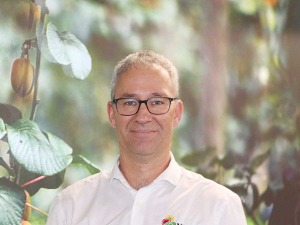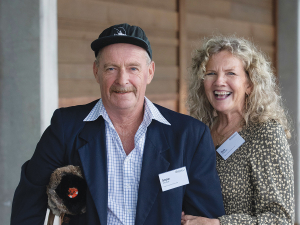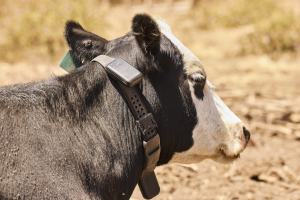Hort News obtained a copy of the report which commented on several issues, including the fact that less than half of kiwifruit growers are shareholders in Zespri. It also noted that in real terms, profitability has declined for growers of green kiwifruit.
Scrimgeour also notes in his comprehensive report that despite the success of the sector, it faces challenges around the quality of Zespri governance, Zespri’s operational performance, post-harvest sector performance, the biophysical environment and the kiwifruit industry’s social license to operate. His report also says there is a need for optimisation of the kiwifruit supply chain.
“Current allocations of responsibilities result in excessive fruit wastage, and managers in both Zespri and post-harvest operators are not working to their comparative advantage.
“The kiwifruit industry structure has not changed since 2000, but the volumes exported have increased,” he says in the report.
Finally, Scrimgeour warns that if the industry ignores these issues, its performance will be less than desirable.
While not dismissing the report, Colin Bond says the time in which the report was written needs to be considered. He says during the 2022 and 2023 harvests, grower profitability was challenged and those challenges will always lead to instability in the industry.
“If I think of green growers in particular, they were certainly under pressure during that period, but the returns from last year and the potential returns from this year should see the majority of green growers return to some pretty strong levels of profitability,” he says.
Bond acknowledges that the industry has some challenges and one of these is the new RubyRed variety.
He says growers have told him the gold variety is easier to grow, but some of those who have been growing red for a long time don’t have any problems and are getting good outcomes.
“So, it’s important that we press Zespri to keep investing in research so that we can maximise the opportunities that red presents,” he says.
Regarding the Scrimgeour comments about the governance of Zespri, he says this is an issue that applies to all industries – not just Zespri. On the issue of only 47% of kiwifruit growers holding shares in Zespri, Bond says firstly it’s not compulsory to be a shareholder and he says growers will have their own reasons for not investing in shares.
“Some may prefer to invest in their orchards rather than buy shares, or its possible people who have bought into orchards recently have decided not to purchase shares,” he says.
It’s believed that Zespri shares are currently worth about $6. Bond says NZKGI would certainly encourage growers to take a shareholding in their industry.











